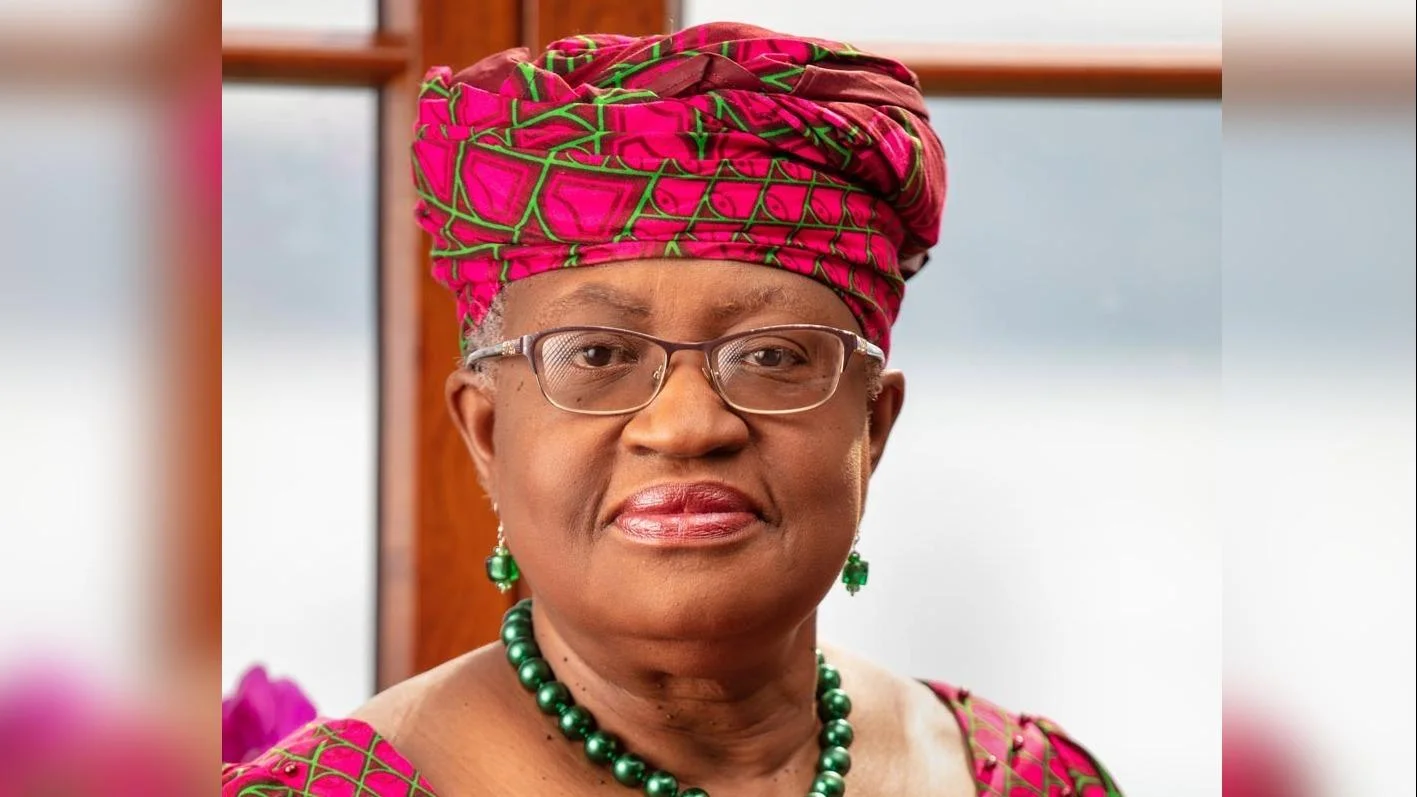Consultations on reform of the World Trade Organization (WTO) have seen active participation from nearly 100 members, according to Ambassador Ølberg, who was appointed as facilitator for the discussions by General Council Chair Ambassador Saqer Abdullah Almoqbel. The consultations are structured around three main tracks: governance, fairness, and “issues of our time.”
“What is already clear is this: across all three tracks, there is strong engagement, serious thinking, and a shared sense that reform is both necessary and urgent — even if views differ on the details,” said Ambassador Ølberg.
He added that the next phase will focus on discipline and delivery. “From the consultations so far, one thing is clear — we have a wide range of perspectives … Our goal is not to solve every issue now. It’s to identify where ministers can add the guidance needed to move forward decisively after MC14.”
At their 12th Ministerial Conference in 2022, WTO members agreed to review the organization’s functions to better address current challenges and opportunities in global trade.
Director-General Ngozi Okonjo-Iweala responded positively after more than 60 members commented on the facilitator's report. “I agree with those who say that it's somewhat existential for the organization to seize the opportunity to do this reform,” she said. “It's not unusual that views are initially divergent … that being said, there seems to be an unmistakable momentum.”
Several members emphasized dispute settlement reform as a priority. Ambassador Almoqbel noted ongoing informal talks led by Dispute Settlement Body (DSB) Chair Ambassador Clare Kelly of New Zealand. These conversations aim to assess member positions before further action.
Director-General Okonjo-Iweala also reported progress regarding Argentina's acceptance of the Agreement on Fisheries Subsidies. Only five more acceptances are required for it to enter into force; several are pending submission. She indicated a special General Council meeting may be convened after summer break if additional instruments are received.
On negotiations for further provisions under this agreement, Okonjo-Iweala encouraged reflection during summer on how best to advance discussions. She also called for movement on other negotiating files such as joint initiatives like the Investment Facilitation for Development (IFD) Agreement.
“We cannot have a jam on multilateral negotiations moving forward and a jam on plurilaterals,” she said. Without progress, she warned there would be little credible outcome for consideration at MC14 in March 2026. The world expects stability and revitalization from the WTO rather than stagnation.
Following her remarks, twenty-four members addressed issues important to them or their groups.
The IFD initiative again failed to reach consensus among WTO members about incorporating it under Annex 4 of the Marrakesh Agreement establishing the WTO—a proposal supported by 127 countries but objected by three others who remain open to discussion. According to South Korea speaking for co-sponsors, incorporating IFD would help attract investment especially for developing countries amid negative foreign direct investment outlooks due to global tensions and economic volatility.
China presented its proposal elaborating its Stability, Development and Reform approach in support of multilateralism at a time of heightened trade turbulence. China expressed willingness for pragmatic cooperation with all members.
Brazil raised concerns over arbitrary tariffs disrupting global value chains and using tariffs as tools in domestic affairs of third countries—describing these trends as unprecedented threats against rules-based trade systems and calling for restoration of dialogue-based dispute resolution within WTO frameworks.
Fifteen delegations responded directly; Director-General Okonjo-Iweala reiterated that these interventions highlighted why reform efforts must continue.
Ambassador Richard Brown (Jamaica), facilitator for work on electronic commerce at WTO, reported broad member support for preserving and improving engagement through its Work Programme on E-Commerce. Most support extending customs duties moratoriums on electronic transmissions—with some favoring longer or permanent extensions—while some raise concerns about potential revenue losses or policy limitations.
The current moratorium was extended at MC13 until either MC14 or March 31, 2026; both it and related work programmes expire then unless renewed at MC14 scheduled from March 26-29, 2026.
Gambia introduced new proposals from Least Developed Countries seeking additional transition measures following graduation from LDC status due to challenges integrating into global markets without previous international supports tied to LDC classification.
The next regular General Council meeting is planned tentatively for October 6-7.

